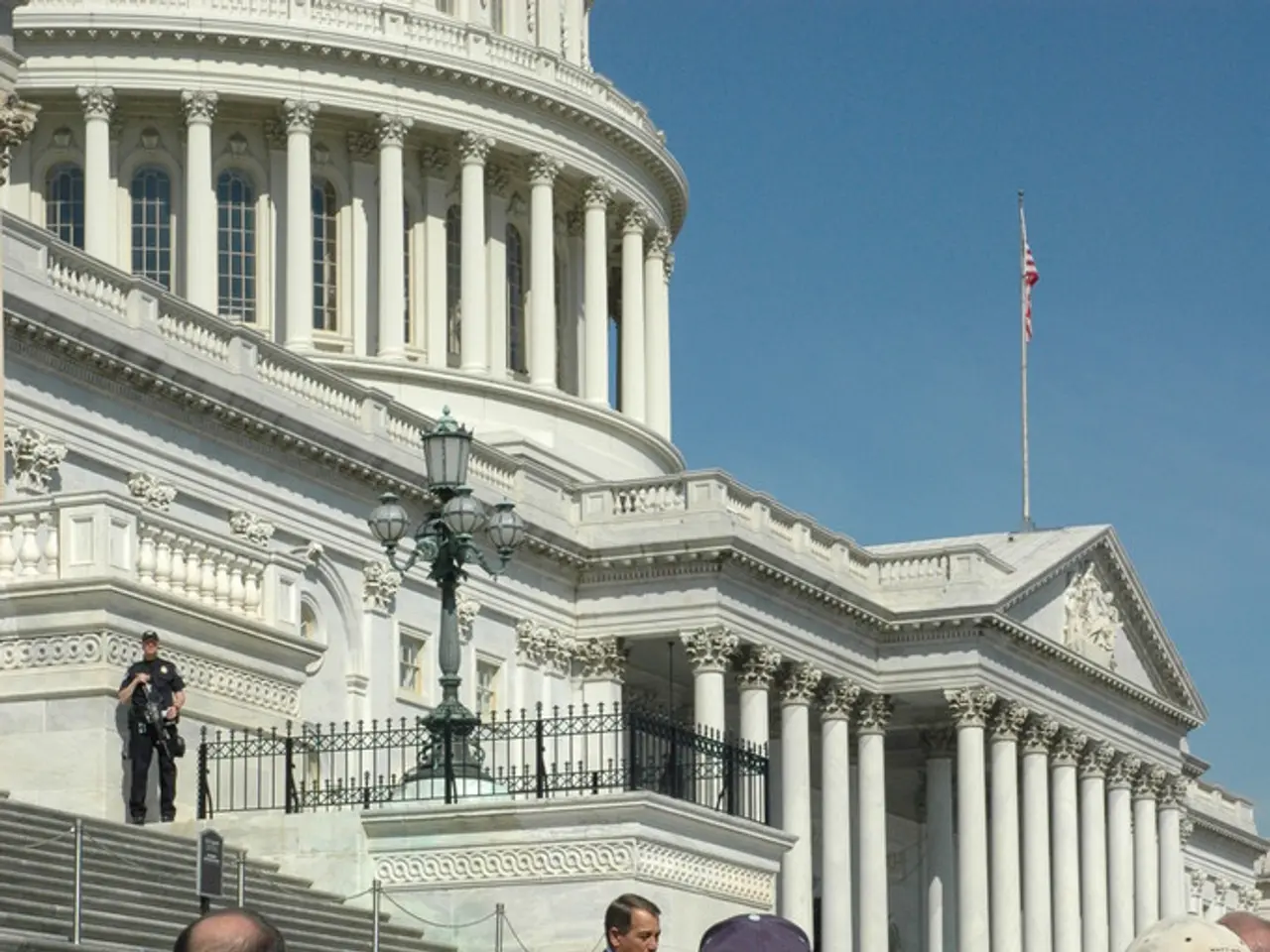Immigration and Customs Enforcement (ICE) lures potential employees with a flourish of patriotic sentiment and a lucrative offer of $50,000 signing incentives.
The United States immigration enforcement system is undergoing a significant expansion, as the U.S. Immigration and Customs Enforcement (ICE) launches a recruitment campaign to bolster its workforce. This expansion is backed by a substantial congressional funding infusion and an aggressive recruitment strategy.
Congress has allocated approximately $45 billion towards expanding ICE detention facilities as part of a larger $170 billion immigration enforcement budget. This funding will enable the Department of Homeland Security (DHS) to hire more ICE officers, along with Customs and Border Protection (CBP) agents, contingent on appropriations. Since early 2025, nearly 2,000 newly trained ICE, CBP, and U.S. Border Patrol officers and agents have been recruited and trained for operational readiness and rapid deployment.
To attract new hires, the DHS is offering signing bonuses as part of its efforts to rapidly expand ICE's workforce. The campaign includes enhanced recruiting drives aiming to bolster national enforcement capacity. The agency is promising up to $50,000 in signing bonuses and potential for overtime for deportation officers, a figure considered high and potentially impacting police departments nationwide as officers might try to get hired by ICE.
The recruitment drive extends beyond federal agencies, with the administration pushing for greater collaboration with state and local law enforcement through increased 287(g) agreements. These agreements deputize local police to enforce immigration laws aggressively, driving enforcement expansion beyond federal agencies.
The ICE recruitment campaign is not without controversy. Critics point to the rapid expansion of the Border Patrol in the early 2000s as a cautionary tale, citing an increase in employee misconduct due to changes in training and hiring standards during the expansion. Additionally, concerns have been raised about the potential for the agency to grow too fast if it hires too many new staff, and about lowering recruit and training standards.
Homeland Security Secretary Kristi Noem has emphasised the importance of applicants' skills, experience, and courage in defending the homeland. The campaign, reminiscent of World War II recruiting posters with images of Uncle Sam and the words "AMERICA NEEDS YOU," is set to advertise at college campuses, job fairs, and law enforcement networks starting this week.
The expansion also includes a need for criminal investigators and lawyers who will prosecute immigration cases. ICE is set to receive $76.5 billion over five years, nearly 10 times its current annual budget, to hire and train the number of new staffers. However, it would take approximately three to four years to complete this process.
During the Biden administration, ICE workers were often pulled from their regular duties to go to the U.S.-Mexico border. The dismantling of some agencies that provided oversight over ICE and other DHS arms has raised concerns about accountability in the expanded enforcement system.
As the ICE recruitment campaign unfolds, it remains to be seen how the increased enforcement capacity will impact immigration policies and practices in the United States.






